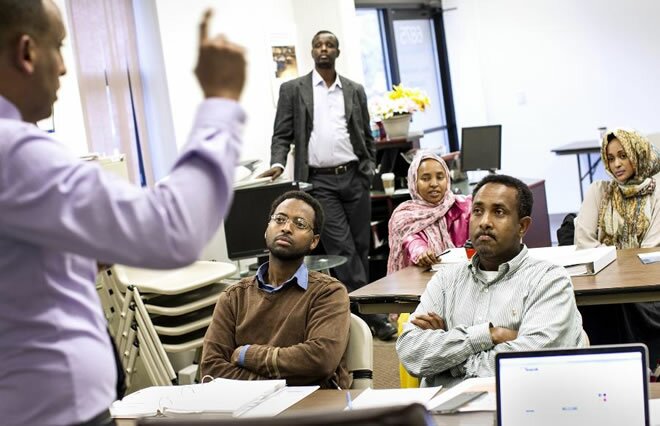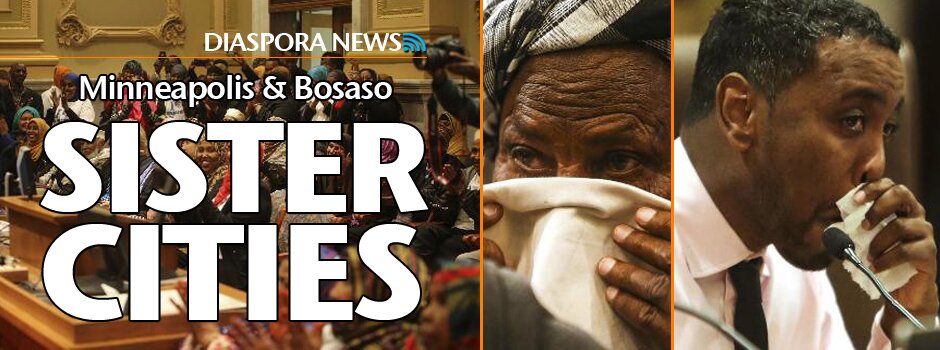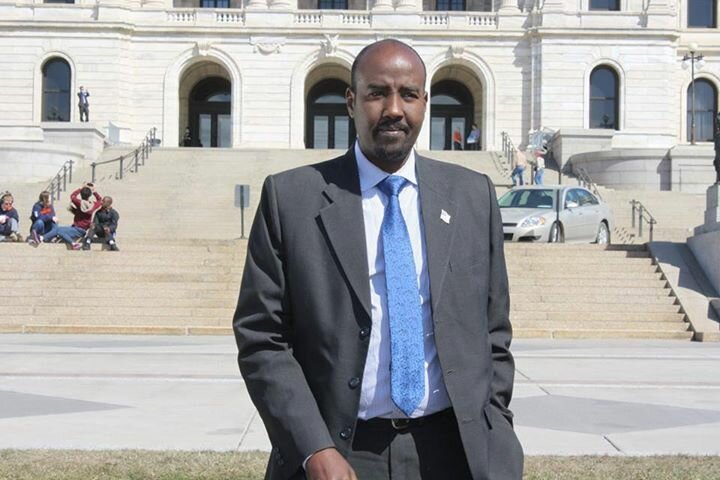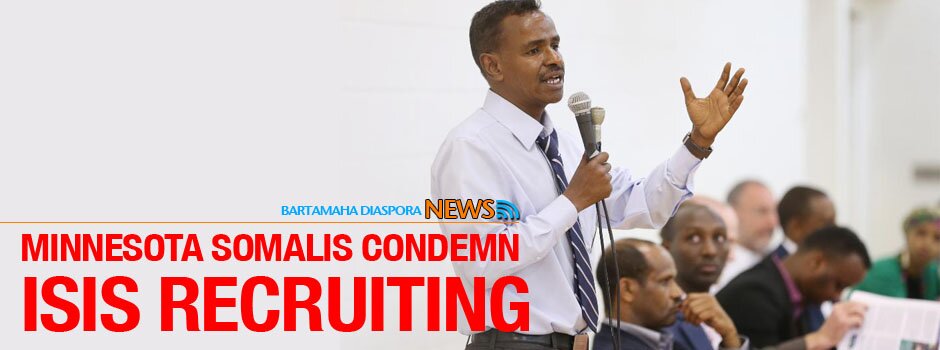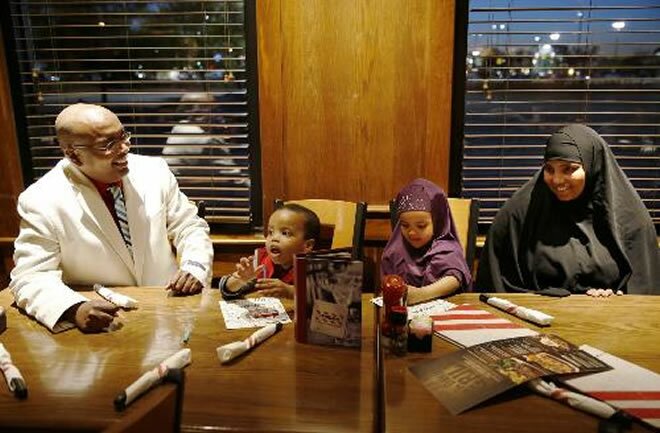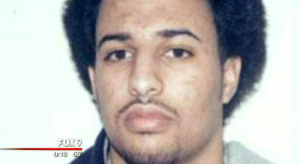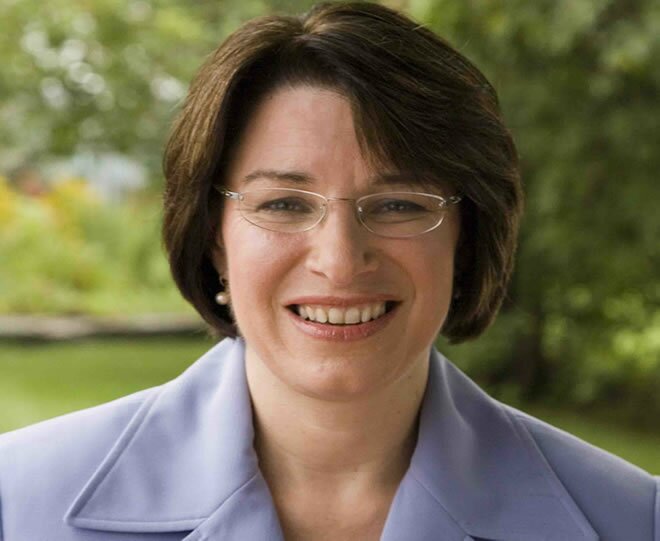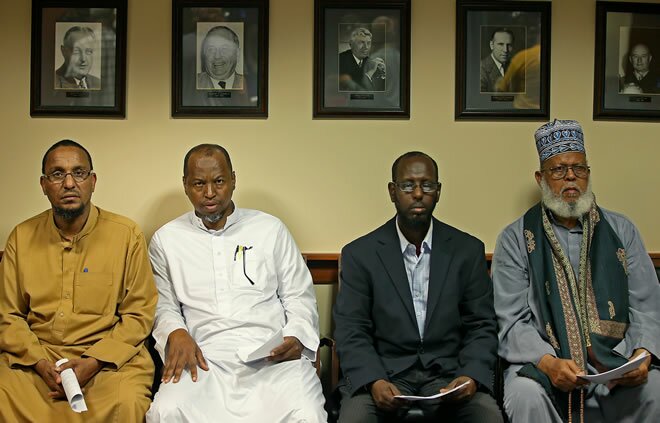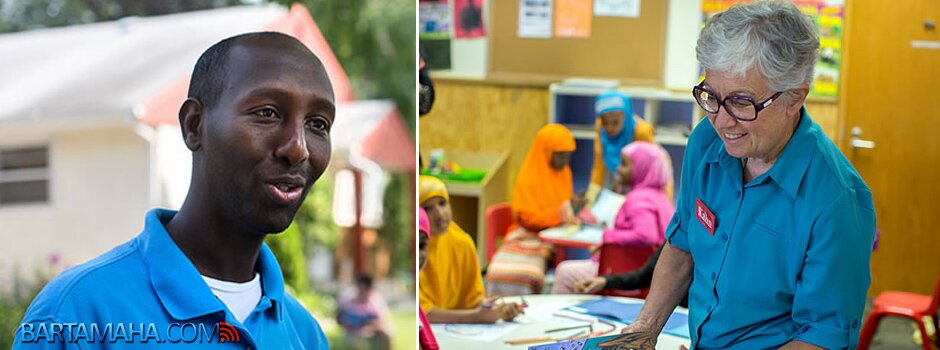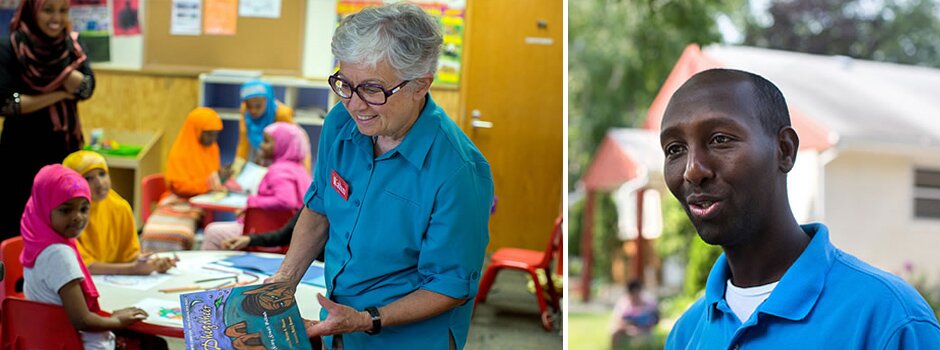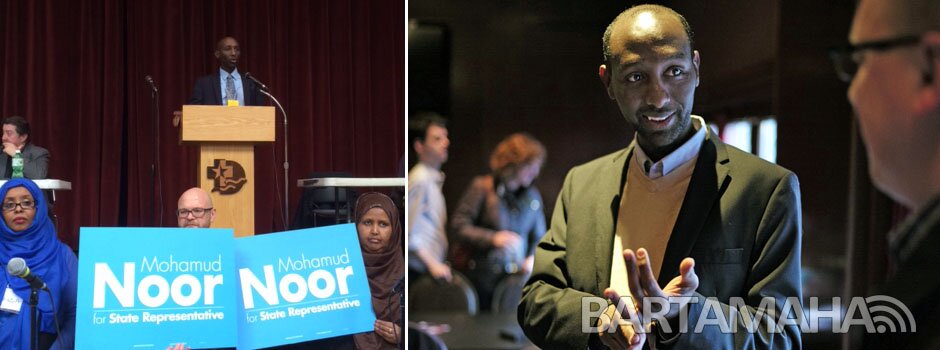‘A voice for the voiceless’ in Somali autism debate
Â
By MAURA LERNER, Star Tribune
 Until a few months ago, Idil Abdull avoided taking her 6-year-old son out in public.
Until a few months ago, Idil Abdull avoided taking her 6-year-old son out in public.
She worried that strangers would stare at Abdullahi, with his angelic face and gap-toothed smile, and wonder: “What’s wrong with him?” She even tried to hide the truth, that he has autism, from her own family.
She’s not hiding anymore.
Abdull, 36, was one of the first parents to sound the alarm that a surprising number of Somali-American children were enrolled in autism classes in Minneapolis. More than a year ago, she started calling local, state and federal officials to raise her concerns, and wouldn’t take no for an answer until the Minnesota Department of Health agreed to investigate.
Last week, the department confirmed that the number of Somalis was higher than expected in those classes, though the reason is still a mystery.
If this turns out to be a true cluster — a larger-than-normal outbreak in one group — what’s happening in Minneapolis could have global implications, providing clues to the mystery of autism itself.
So far, the Health Department says it doesn’t have the data to prove that.
But to Abdull, it’s “a good first step.”
For months, the divorced mother from Burnsville has worked feverishly behind the scenes to raise awareness about autism in the Somali community, all while guarding her privacy. Now she’s stepping out of the shadows. She and a friend have co-founded the Somali American Autism Foundation (www.saafmn.org) to help families cope and prod the government to do more research.
“Idil has been the voice for the voiceless,” said Anne Harrington, former head of the early-childhood autism program in Minneapolis, who helped bring the concerns to light. ‘If it wasn’t for Idil being this initial and persistent voice, this issue would not be where it is today.”
Abdull, who fled Somalia as a child, said she’d never heard of autism before her son was born in 2002. At first, he seemed perfectly normal.
Â
But by age 2 he displayed classic signs of the developmental disorder: He stopped learning words and refused to speak or make eye contact, shutting out those around him. He wouldn’t point at objects, couldn’t sleep or eat normally and developed terrible stomach problems, common among autistic children. From then on, he ate only chicken and peas.
When a neighbor mentioned autism, Abdull looked it up online, then “went to the denial stage. Anybody who said the word ‘autism,’ I hated them.”
After a doctor confirmed the diagnosis, she started Abdullahi on speech and behavioral therapy and immersed herself in the world of autism treatments. Still, she kept hoping he would start talking and “everything would be OK.”
In the Somali community, she says, mental disorders carry a stigma. So she did her best to keep it secret: “I would just make every excuse,” for his behavior. “He’s sleepy. He doesn’t want to talk. He’s mad.”
In the spring of 2007, she heard about the early-childhood autism program in Minneapolis schools. Harrington, then its director, had noticed so many Somali children in her classes that she organized a workshop for their parents and invited Abdull. Afterward, Abdull sent her an e-mail: “I was shocked to see so many Somali parents with children on the spectrum.”
That fall, she enrolled Abdullahi in the preschool autism program at Longfellow school in Minneapolis. As she watched the buses arrive with his classmates, “it was just one Somali kid after another.” She began contacting school superintendents, the commissioner of health, the Department of Education, the governor, both U.S. senators, her congressman and the U.S. Centers for Disease Control and Prevention in Atlanta. She asked: Why are so many children of Somali immigrants in the Minneapolis autism program? And what did they plan to do about it?
First priority: Help others
“Idil has been amazing,” said Hassan Samantar, a parent advocate who works with Somali children with disabilities at the PACER Center in Minneapolis. “[She] called Congress, called the media, called here, until finally people started listening.”
Read More
Comments
comments
 Calendar
Calendar









